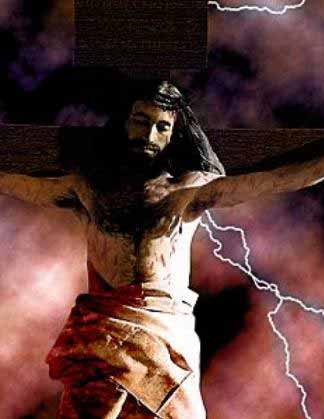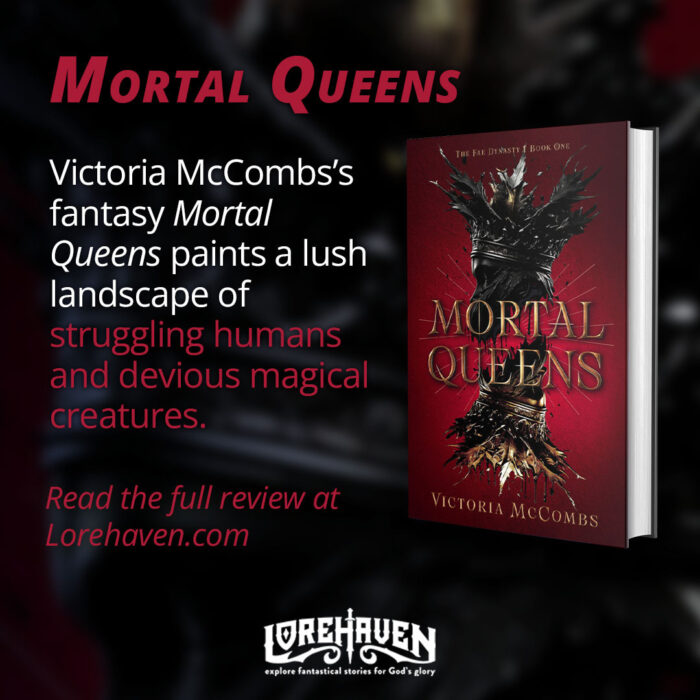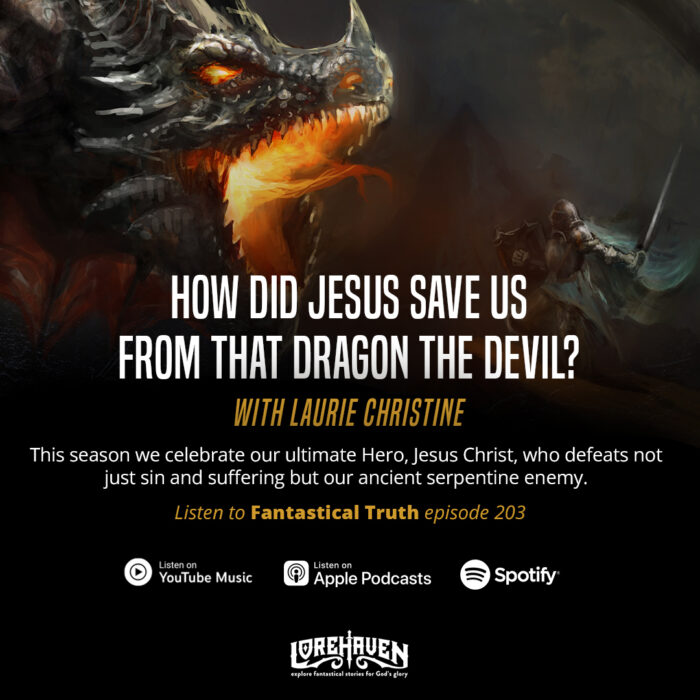The Superhero Who Dies
 What superhero dies?
What superhero dies?
I’ll be honest, I was never much for superhero stories. Yes, I liked Superman when he came alive on the small screen years ago. And I liked even better the adaptations that showed his coming of age, before he became Superman. But Spiderman . . . our local paper carried the comic strip and I read it until I stopped getting the paper a little over a decade ago. Yes, I also watched The Hulk when it was on TV. That’s about it for me and superheros.
I mention this for the sake of context. I’m not an expert when it comes to superheros. In fact I might be completely wrong about my conclusions.
In doing a little research, I discovered that a number of superheros have died—but mostly, they don’t stay dead. Batman died in 2009—or not. As it turned out, he actually time traveled. Supergirl died, until she came back on TV this year. I haven’t watched the show and don’t know if there’s any interest in following the comic book story line, so who knows whether or not this latest iteration will/will not live on.
In 2007 Captain America died, and he seems to have stayed dead. At the same time, his sacrificial death apparently rocked the superhero world and catapulted at least person out of his dark past into “a new era of heroism” (“The 12 most important superhero deaths ever”)
I could go on and discuss Peter Parker/Spiderman and the Ultimate Spiderman (both died, one came back) or Superman, who died in 1992 (and came back later), the Green Lantern in 1996, Flash (who stayed dead for twenty years before being brought back), or Captain Marvel, but I’m primarily interested in the fact that superheros, who readers and viewers have come to think of as immortal, died.
Generally their deaths were noble. None died of natural causes, it would seem. They fought evil, they sacrificed to save others. And they died in the process.
As near as I can tell, none laid down their life. None died that others might live on in eternity. None died to save the immortal soul of those they wanted to protect.
And yet, these superheros so often point to Jesus Christ who did, in fact, lay down His life, who did die that others might have everlasting life, who did die to save the immortal souls of those He rescued from the dominion of darkness (see Colossians 2).
 Jesus, in so many ways, has the qualities which resonate with our culture. In “Why Are Superhero Stories So Popular,” Zach Torah presented five reasons people today are drawn to superheros. Reasons that caught my attention in particular were the last two: superheros go from the ordinary to the extraordinary and they have cross-generational appeal.
Jesus, in so many ways, has the qualities which resonate with our culture. In “Why Are Superhero Stories So Popular,” Zach Torah presented five reasons people today are drawn to superheros. Reasons that caught my attention in particular were the last two: superheros go from the ordinary to the extraordinary and they have cross-generational appeal.
Jesus had a humble beginning here on earth. In fact, he had a humble life. And then he died an ignominious death. His sacrifice wasn’t one people recognized right away, and His fame didn’t grow until years after He left this planet.
Jesus is also a cross-generational hero. In fact, He’s cross-cultural, cross-gender, cross-national. You name a divide, and Jesus crosses it.
I find that especially appealing in this year’s divided political climate here in the US.
In the end, Jesus’s death is the greatest superhero death of all. For one thing, it was real. Jesus is no comic book figure or myth or make-believe hero. Second, his death was the supreme sacrifice—He, who knew no sin, took on the weight of sin for all who repent and believe in His name. The result of His sacrifice has everlasting implications, not temporary ones.
And the great resolution, of course, is that Jesus did not stay dead.
This week all of Christendom celebrates what Jesus has done. We refer to this week as Passion Week, remembering all He went through in His final moments before His glorification. None of it would have matter if Easter didn’t come after Good Friday; if the resurrection didn’t follow the crucifixion.
Jesus demonstrated that He is the true hero, and I submit that all the other superheros appeal to people because we long for rescue, we long for relationship with the One who can save us, we long for someone powerful who will set all to right.
We believers have the privilege of announcing to the world, He’s real, He’s alive, He’s coming again, and He can be your King, too.








































I’ve often wondered if the resurrections of superheroes came as a response to fan outcry or as an attempt to equate the powers of the comic figures with the power of God and Yeshua. Just me, though.
And I have to point out Captain America’s death was, in fact, temporary. He was brought back in 2009 and is ongoing even now. With the cash cow of the Marvel Cinematic Universe, there’s no way they’ll let a revenue stream stay dead. 🙂
Spider-Man/Spiderman/Spider Man also was killed off when a dying Doctor Octopus swapped bodies with Peter Parker. I guess Parker regained control, though, and so the beat goes on. Retcons, reboots, and re-dos, oh my!
Sadly, I suspect the purpose for bringing them back is monetary, Dane. I think believers can see ways which the superhero reflects Christ, but I think those are not necessarily intentional. Instead, I think the comic book makers are responding to their readership, and it is the readership who long for the hero who can set the world’s problems aright, who can bring justice and protect the weak.
C. S. Lewis probably would have been a comic book reader if he were a kid today. He loved myth, and when he came to Christ, it was the fact that he understood he’d been looking for the True Hero all along.
I suspect this is the case for many, many readers and viewers of superhero stories. If they could only see that there is a True Hero who can satisfy the longings of their heart, then they’ll know what Christianity is all about.
Becky
Virtually every superhero dies, but not many are popular enough to get brought back to life. DC did it to the point they killed entire continuities of heroes in their big event books. Jean Grey has died and been resurrected so many times that it’s a running joke.
I think the death that affected me the most was Doug Ramsay/Cypher of the New Mutants, during the fall of the mutants storyline. Cypher was the viewpoint character/audience identification character of the team, with his only powers being the ability to understand any language. He died during a heroic self-sacrifice, and it was quite the punch in the gut. His death also heralded the shift to the Dark Age of comics, as New Mutants became X-force later on, and introduced both Cable and Deadpool to Marvel. They brought him back, but tried to make him a badass and something was lost.
If you want to read influential comics that avoid cheap death, The Death of Captain Marvel and Teen Titans: The Jericho Contract killed characters who never really recovered. A really ham-handed example of why death tropes in comics are bad can be found in The Death of Superman, which used death as a way to introduce multiple new characters as a “startling” change and wound up making Supes pretty ridiculous for a fair amount of time after. Watching him with a mullet using guns was facepalm-inducing.
D. M., this is why I qualified my post, so that you would know I wasn’t pretending to be an expert in comics or superheroes.
It is too bad, in some ways, that so many have come back after dying. It weakens that ending and makes what had been shocking and surprising, predictable.
Becky